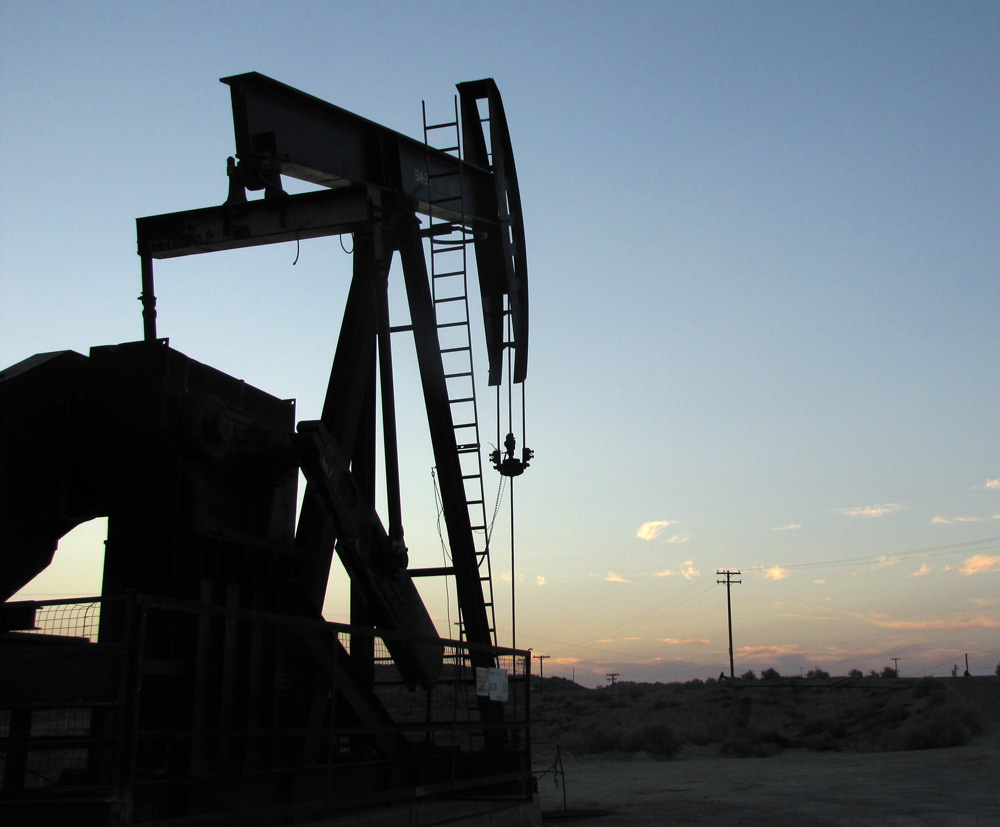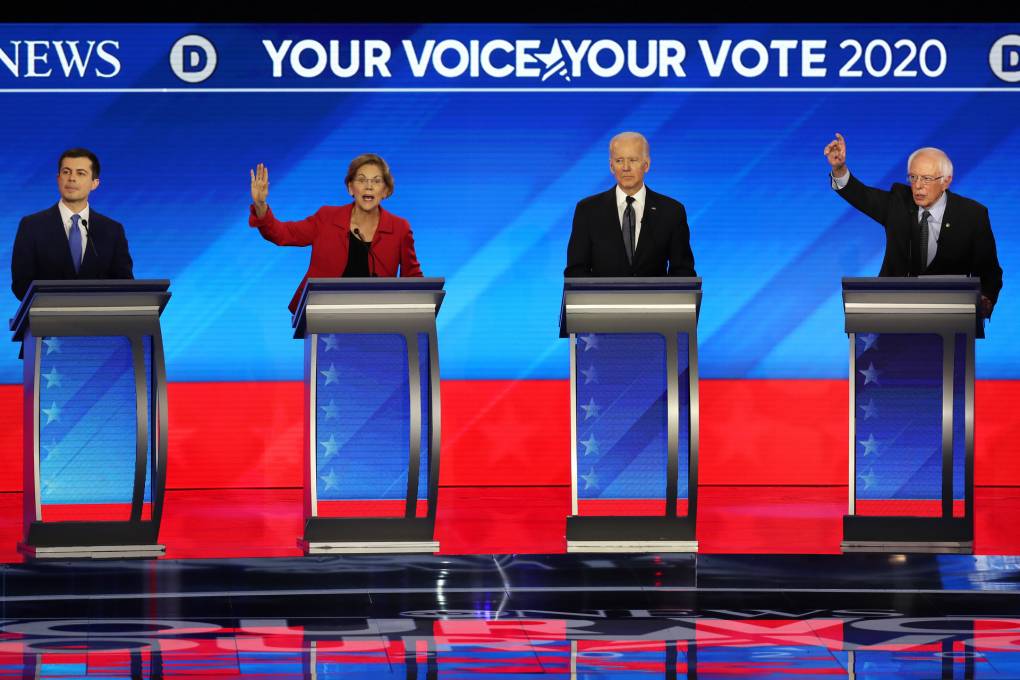Former Vice President Joe Biden
Biden would prohibit new oil and gas jobs on public lands, according to his California press secretary, Sean Higgins.
"Biden is clear that he would hold polluters accountable by banning new oil and gas permitting on public lands and waters, and expanding protections for more than 550 million acres of federal lands," Higgins said.
Former New York City Mayor Mike Bloomberg
Bloomberg wants to place new regulations on fracking and other oil and gas industry work, according to campaign representative Alison McLaughlin.
Bloomberg would place a moratorium on new oil and gas drilling leases on federal lands, including for fracking, she said. But Bloomberg thinks new limits on the industry should come from the local level.
"He also supports local, state and tribal authorities making their own decisions on fracking and fossil fuel infrastructure," McLaughlin said in an email.
Minnesota Sen. Amy Klobuchar
Klobuchar would halt all new fracking permits on public lands with in the first 100 days of her presidency, according to C.J. Warnke, a deputy national press secretary for the Klobuchar campaign.
Her administration would then review the nation's rules on current fracking projects, Warnke said.
"Senator Klobuchar also believes that for too long, taxpayers have subsidized the massive profits of fossil fuel companies. She will end federal tax subsidies for fossil fuel exploration and production," Warnke said in an email.
Tom Steyer
Steyer, a billionaire philanthropist and activist, has spent millions helping to elect candidates who have strong platforms against climate change, and has championed fracking bans for years.
Steyer's campaign says he wants to ban fracking on federal lands first, but then phase in a national ban starting with strict air, water and safety regulations.
"A ban on fracking must be implemented in a smart, phased way that protects frontline communities, workers and the health and safety of all Americans," Steyer's camp said in an email.
"If fracked gas was ever a bridge fuel, that bridge has been built and we must now firmly plant our feet on the other side and rapidly scale up clean energy, get to a zero carbon economy, and create millions of good, family-sustaining jobs in the process," the Steyer camp said.
Former South Bend Mayor Pete Buttigieg
Buttigieg has said he wants to close public lands to new fossil fuel leases and ban new fracking, but his campaign did not respond to requests for comment on the issue.
All of the Democratic candidates in the field say they're committed to planning and funding the economic transition for workers in the fossil industry.
A Fracking Ban Wouldn't Happen Overnight
"We should expect this is going to be a long fight," said Stokes, the UC Santa Barbara professor.
Getting a new law through Congress that rolls back fracking would be difficult, with a Republican-controlled Senate and some Democrats in the House hesitant to ban the practice. In fact, several reports indicate that some Democrats are concerned such bans would push moderate voters in swing states to vote for President Trump.

